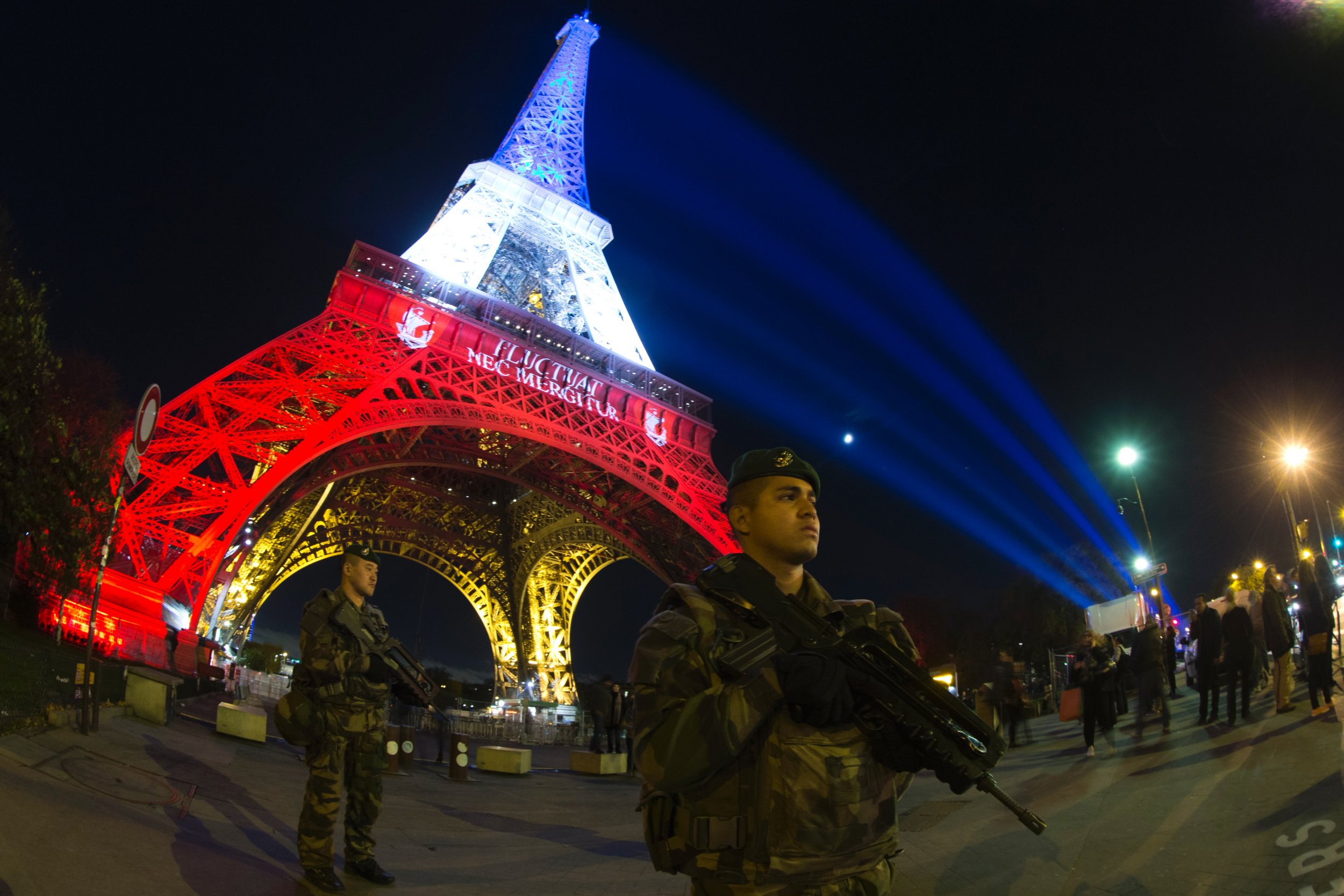
Everybody in Paris remembers where they were the night of November 13, 2015. It took just 33 minutes for eight jihadi attacks—suicide bombings and shootings—to turn the French capital into a war zone. The death toll climbed and climbed, eventually stopping at 130 people, with hundreds more injured.
As the Stade de France shook underfoot from three explosions, the Bataclan concert hall's innards rattled from bullets and bombs, and gunmen laid siege to Le Petit Cambodge, a restaurant, and Le Carillon, a bar.
If 9/11 was known as the "day that everything changed," this was the day of reckoning for both the political bloc known as the European Union and Europe as a whole. It was the deadliest attack in France since World War II and in Europe since the 2005 Al-Qaeda bombings in Madrid.
Europe had seen nothing like it before. Three mini-squads loyal to the Islamic State militant group (ISIS) struck at the heart of Paris, the most popular tourist hot spot in Europe, a beacon of democracy, freedom and Western life. It was coordinated, and it had succeeded. The message was clear: The victims could have been anyone.
"I think it woke everyone up to the fact that mass terrorism could happen on European soil," says Raffaello Pantucci, director of international security studies at London-based think tank RUSI. "That and the threat from ISIS."
The impact of the events of November 13 was unlike other attacks in Europe, such as the dual assaults in Paris just 11 months earlier, which targeted the offices of satirical magazine Charlie Hebdo and a Jewish supermarket. The scale of casualties made it different—and, two years on, Europe looks and feels different. On Monday, France will remember that night. Here are four ways in which it changed Europe.
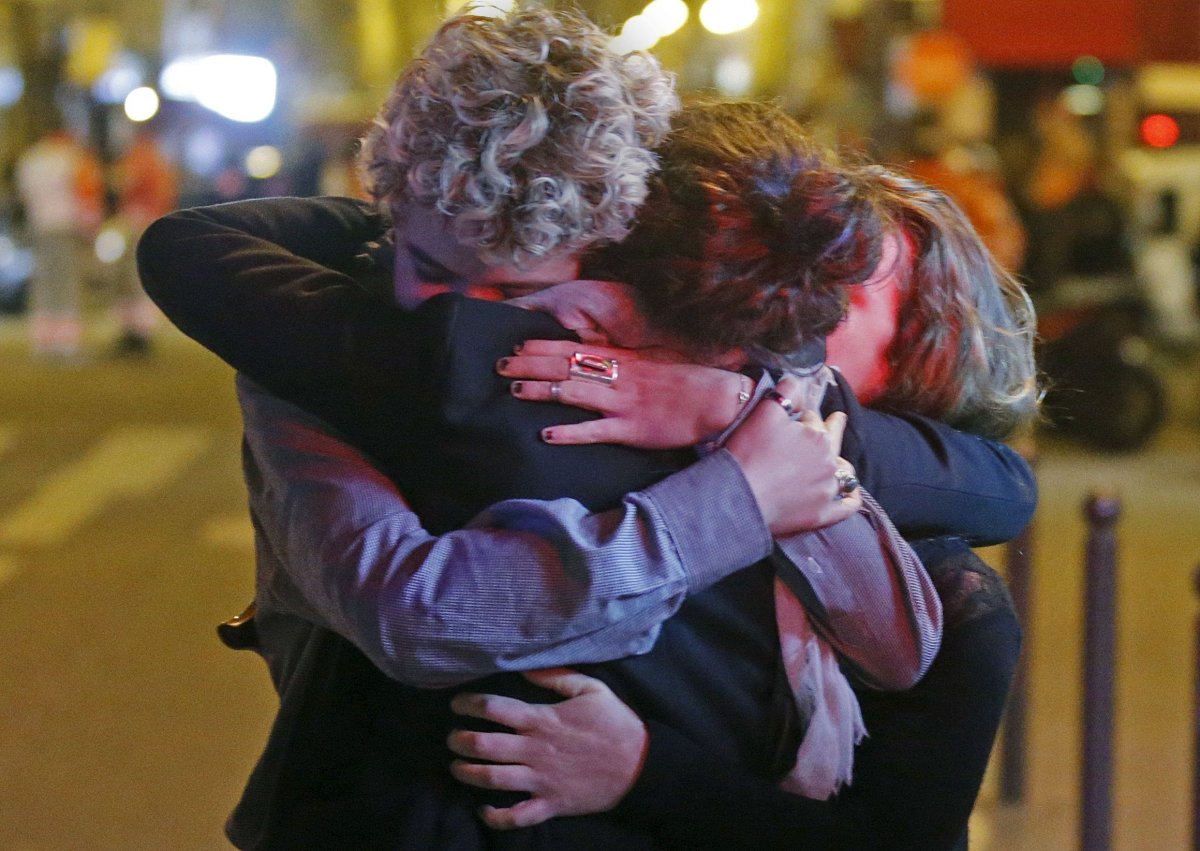
Militarizing Cities
Troops have become a common sight on Western Europe's streets. France has only recently ended nearly two years under a state of emergency that handed authorities greater powers but also deployed soldiers across France's cities.
In its place is a new anti-terror law signed off by President Emmanuel Macron, one that gives powers to authorities to raid, search, surveil and detain extremist suspects. It is a bill decried as draconian and a move that undermines civil liberties.
Before the new bill took effect on November 1, armed troops were no longer confined to the train stations and airports of Paris, but tourist sites, synagogues and other areas.
Belgium, where many of the Paris attackers were born, has followed suit after the assault and the March 2016 triple suicide bombing in Brussels. Both Germany and Austria are debating whether to deploy military patrols for the first time since World War II. Britain briefly deployed its military earlier this year following the London Bridge attack inspired by ISIS, which killed eight people.
Jihadis have taken inspiration from the Paris attacks and the propaganda calls of top ISIS leaders, conducting stabbing assaults and vehicle attacks across Europe. Governments have increased their focus on domestic security measures, not least the installation of barriers at some of the continent's most famous sites, such as Westminster Bridge, and even anti-terror flower pots at the Quirinal Palace, the Italian president's residence in Rome.
The result is that some of Europe's most historic cities no longer look the same.
Lost Tourist Pennies
The impact on the economies of Europe because of the threat of not only low-level attacks, but mass-planned assaults from within Europe, has been drastic. Such attacks rarely cost more than $10,000 to plan and carry out, but the economic damage they can cause is far greater.
According to the International Air Transport Association, or IATA, European airlines lost as much as $2.5 billion from 2015 to 2016 because of the Paris attacks and other jihadi assaults, such as Brussels and the truck-ramming attack in the southern French city of Nice.
Paris was hit the hardest by lost profits, as visitors to the French capital dropped by some 30 percent after the attack. A boost came from the Euro 2016 tournament as soccer fans flocked to the capital and other French cities to watch their countries play amid heightened security. But officials conceded that the city and wider Paris region had lost $874 million in revenues.
It was an "industrial disaster" as the Paris tourist board chief put it, and Europe felt the shock waves, with London hotel occupancy rates falling off and travel agency bookings down from previous years.
Air traffic and tourism is only beginning to pick up two years on, but the scars left by the Paris attacks remain.
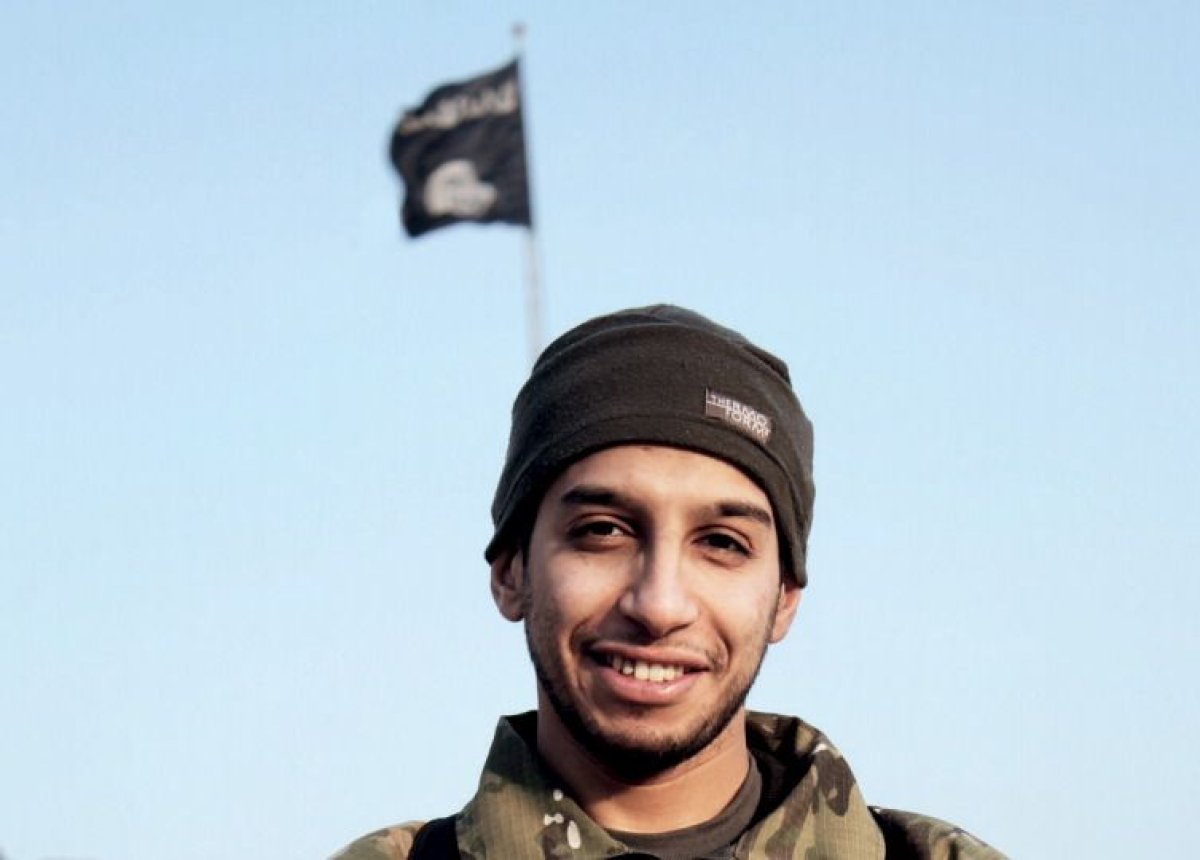
Shaky Schengen
The Paris attacks were carried out by a cell that included multiple homegrown jihadis from Belgium, and were masterminded by a Belgian of Moroccan heritage, Abdelhamid Abaaoud, a man who had bragged about traveling to Syria and back to Europe without detection. Police eventually killed him in a raid on a Paris apartment days after the attacks. At least one of the attackers had traveled through Greece with a fake document and made his way across the European Union.
One of the surviving members of the Paris cell, Salah Abdeslam, was able to cross into Belgium and remain uncaptured for four months. The wider cell laid low in Brussels, activating just months after the Paris attacks to kill 33 people at a subway station and airport in Brussels. France had to close its border with Belgium temporarily, damaging the fundamental idea of the Schengen area and European security going hand in hand.
The ease with which these men traveled into France, through the European Union's open border system and got hold of Kalashnikov rifles—likely trafficked from the Balkans—raised questions about the continent and its open borders. Commentators lamented the "jihadi hydra" and how it reared its many heads in different parts of Europe.
The refugee crisis earlier in 2015 sparked the debate about Schengen, but the Paris attacks amplified this debate. The attacks continued to harden opinion on migration, giving right-wing politicians the fuel for their fires.
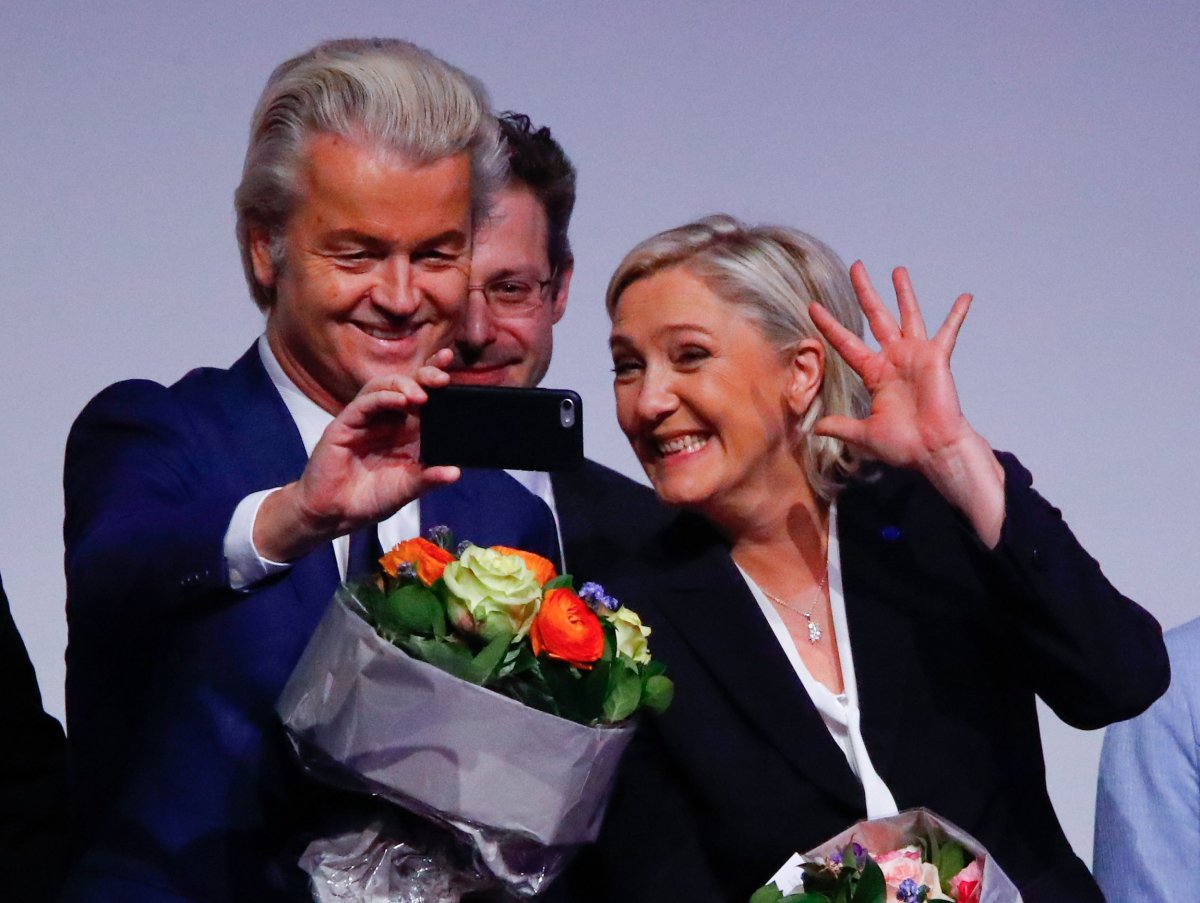
Marching Populism
The role of Paris can be seen not only across the mainland, but offshore in Britain, too. As political leaders in Europe continue to resist a turn inward, many have gone the other way, and the European Union is more divided than at any time in its 21st-century existence.
After Paris and Brussels, the self-anointed architect of Brexit, British right-winger Nigel Farage, tweeted that he was "depressed for the future" of Europe. He argued for Britain to leave the bloc, for not only economic reasons but for security reasons. Pro-leave campaigners argued that the European Union was failing to keep its people safe, that it no longer worked in the interest of Europeans, but that the project actually threatened to harm them.
The attacks and this notion helped to give rising anti-Muslim sentiment a platform in the form of right-wing populist candidates across the continent and, even though the Paris attackers were homegrown jihadists, appeared to give the right wing a justification to the faulty and borderline racist theory that immigrants were likely extremists. Vitriol was especially directed at German Chancellor Angela Merkel, who allowed a million refugees to enter the country in 2015, a record number.
President Donald Trump capitalized on the populist rhetoric, regularly referring to the Paris attacks as an example of the dangers of European immigration policies. "Paris is no longer Paris," he said. Merkel, Trump said, had made "one very catastrophic mistake" by "taking all of these illegals."
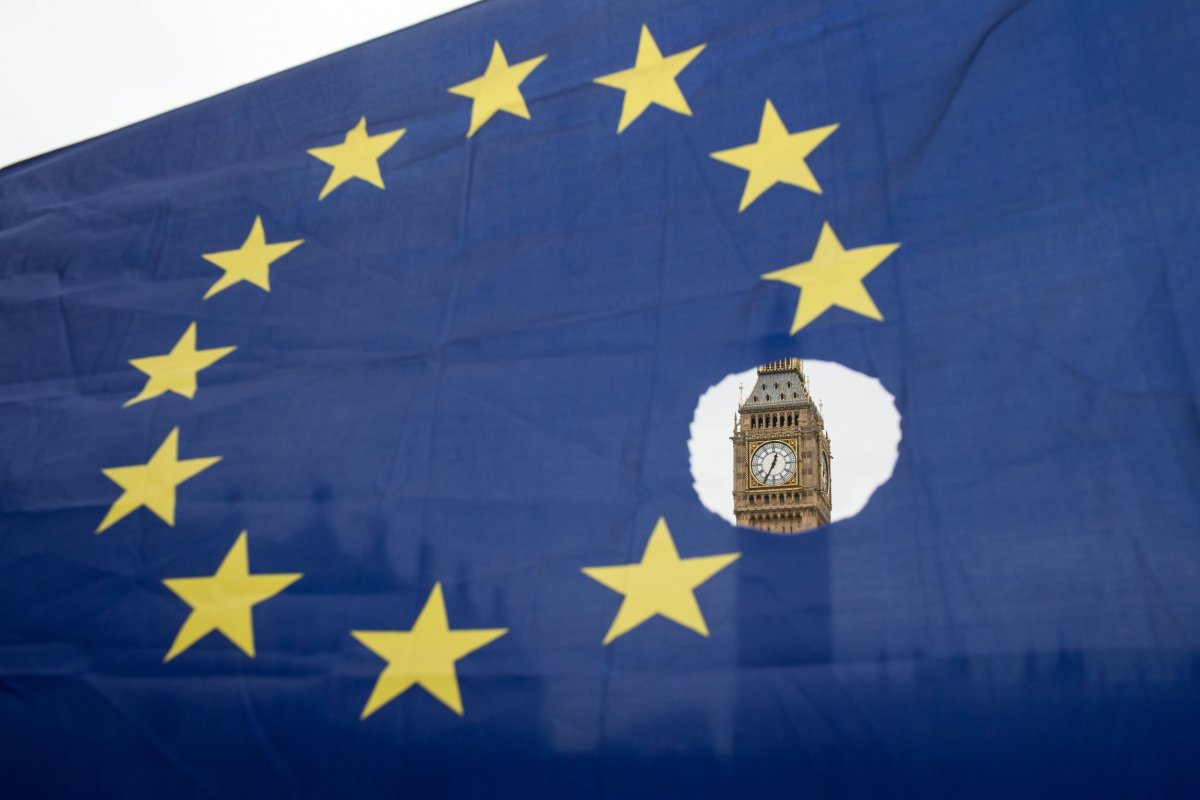
The majority of Europe's populists have failed to gain any sort of monumental power in their respective countries, but they are now on the map. Since Paris, the isolationist right wing of Britain achieved Brexit, and National Front leader Marine Le Pen made it to the run-off of the French presidential election against independent centrist Emmanuel Macron, leaving mainstream parties and the ruling Socialist Party—which presided over a failure to prevent seven radical Islamist attacks—in the dust.
The Netherlands' most prominent anti-immigration politician Geert Wilders used the attacks for his own agenda, calling on Dutch leaders to close the country's borders. The far right has since risen in Germany and Austria, with the AfD gaining a seat in the German parliament, drawing comparisons to the Nazi era, and Austria's Freedom Party, or FPO, set to enter the country's next government.
Many Europeans are likely going about their business as normal two years on from that deadly night in France. But the events of November 13 two years ago have resulted in changes to the ways that our cities look and operate. And, for a continent faced with a seemingly ever-present threat, the attacks have breathed new life into nationalist ways of thinking in Britain and mainland Europe. That will be the enduring legacy of the Paris attacks.
Uncommon Knowledge
Newsweek is committed to challenging conventional wisdom and finding connections in the search for common ground.
Newsweek is committed to challenging conventional wisdom and finding connections in the search for common ground.
About the writer
Jack is International Security and Terrorism Correspondent for Newsweek.
Email: j.moore@newsweek.com
Encrypted email: jfxm@protonmail.com
Available on Whatsapp, Signal, Wickr, Telegram, Viber.
Twitter: @JFXM
Instagram: Read more
To read how Newsweek uses AI as a newsroom tool, Click here.








